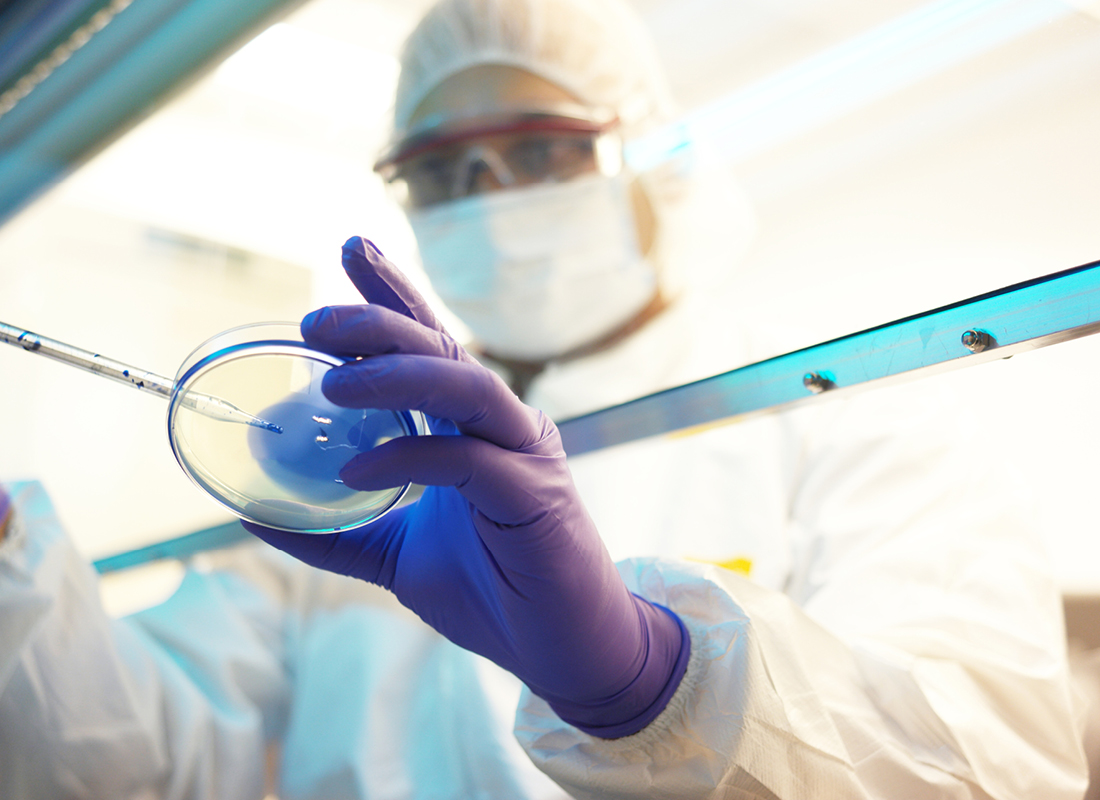Labs and Private Payors Clash Over Reimbursement of COVID-19 Testing
Things are getting ugly. The unfortunate convergence of resurgent COVID-19 cases, lingering testing supply bottlenecks and Thanksgiving are once more stretching labs to the breaking point and fraying tempers with labs and insurers trading accusations over the billing of coronavirus tests. The Capacity Crisis While Trump administration officials estimate that the U.S. has enough tests to screen between 4 million and 5 million per day in November, those numbers don’t account for the supplies shortages that have bedeviled testing efforts since the public health crisis began. Without the necessary pipettes, reagents and other critical supplies, labs can’t process tests in a timely manner or even at all. Recent FDA authorization of specimen pooling was supposed to ease the pressure. But while it’s true that testing a pool of specimens consumes fewer supplies, that theory goes out the window if the pool tests positive and all of the people in the pool must be tested individually to identify the positives. And as cases spike, positives become more frequent and the utility of pooling diminishes. Medicare Reimbursement Challenges Adding to the stress are the difficulties labs are facing in getting reimbursed for the COVID-19 tests they do perform. When the public health […]

Things are getting ugly. The unfortunate convergence of resurgent COVID-19 cases, lingering testing supply bottlenecks and Thanksgiving are once more stretching labs to the breaking point and fraying tempers with labs and insurers trading accusations over the billing of coronavirus tests.
The Capacity Crisis
While Trump administration officials estimate that the U.S. has enough tests to screen between 4 million and 5 million per day in November, those numbers don’t account for the supplies shortages that have bedeviled testing efforts since the public health crisis began. Without the necessary pipettes, reagents and other critical supplies, labs can’t process tests in a timely manner or even at all.
Recent FDA authorization of specimen pooling was supposed to ease the pressure. But while it’s true that testing a pool of specimens consumes fewer supplies, that theory goes out the window if the pool tests positive and all of the people in the pool must be tested individually to identify the positives. And as cases spike, positives become more frequent and the utility of pooling diminishes.
Medicare Reimbursement Challenges
Adding to the stress are the difficulties labs are facing in getting reimbursed for the COVID-19 tests they do perform. When the public health emergency first began, Medicare paid labs $51 per test for high throughput COVID-19 diagnostic tests. Recognizing that the rate was inadequate, CMS subsequently raised it to $100 per test. However, in October, CMS announced a new payment policy for 2021 under which laboratories will only qualify for the $100 payment rate if:
- They complete the billed test in two calendar days or less; AND
- They complete the majority of high throughput COVID-19 tests in two calendar days or less for all of their patients (not just their Medicare patients) in the previous month.
Labs that take longer than two days will receive only $75 per test. In essence, CMS is disguising a reimbursement cut as a reimbursement increase.
Private Payor Reimbursement Challenges
Labs are also facing reimbursement challenges from private payors. The Families First Coronavirus Response Act (FFCRA) and Coronavirus Aid, Relief, and Economic Security Act (CARES) require insurers to cover COVID-19 tests without seeking copayments or other out-of-pocket costs. However, in June, HHS issued regulatory guidance suggesting that the rule doesn’t apply to “testing conducted to screen for general workplace health and safety (such as employee ‘return to work’ programs, for public surveillance or any other purpose not primarily intended for individualized diagnosis or treatment of COVID-19.
Duelling Accusations
The lab industry contends that health plans and insurers are exploiting this loophole to evade their FFCRA and CARES reimbursement obligations. Health insurance groups have responded by accusing labs of price gouging for COVID-19 tests. The most recent charge comes in the form of a study from America’s Health Insurance Plans (AHIP) based on data from survey of 22 members, representing 76% of commercial enrollment of the trade group’s member plans. On average, a COVID-19 test in the commercial market costs $130, and out-of-network tests cost more than $185, the report contends. Its conclusion: “Between 9 percent and 16 percent of out-of-network test claims charged more than $390 (three times the average cost).”
Takeaway
Conflicts between the lab industry and private health insurers over reimbursement of testing is nothing new. But COVID-19 and the relief legislation enacted to address it have opened a new front and raised the stakes. Labs want HHS to close the regulatory guidance loophole and apply the FFCRA and CARES Act coverage mandate to all forms of COVID-19 testing, including the asymptomatic. Meanwhile, AHIP and its allies are calling on Congress to set a “reasonable market-based pricing benchmark” for out-of-network tests to ensure Americans can access COVID-19 tests. And with a new administration taking the reins, the situation remains volatile and highly fluid.
Subscribe to view Essential
Start a Free Trial for immediate access to this article